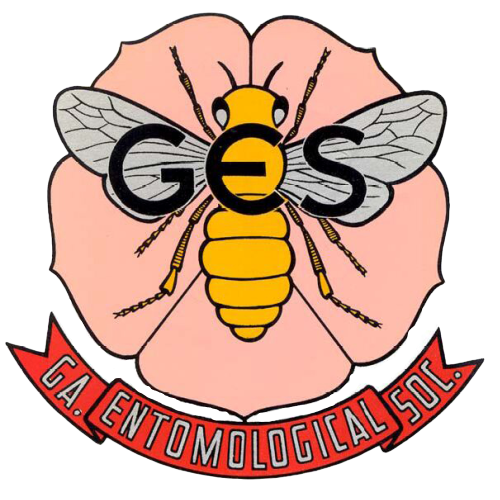Effect of Host Diet on Flight Behavior of the Parasitoid Campoletis sonorensis (Hymenoptera: Ichneumonidae)
The effect of larval host diet on the flight behavior and microhabitat preference of the parasitoid, Campoletis sonorensis (Cameron), was studied in a wind tunnel bioassay. Campoletis sonorensis was reared from Heliothis virescens F. larvae fed either artificial diet, cotton (Gossypium hirsutum L.) foliage or sesame (Sesamum indicum L.) foliage. In a no-choice situation, naive female parasitoids were allowed to fly to undamaged host plants or to naturally damaged host plants containing host larvae and host products (host/plant complex). Parasitoids completed significantly more flights to the host/plant complex (73% of flights) than to undamaged plants (8% of flights). However, the percentage of females completing flights did not differ according to the diet of the host on which the parasitoid was reared. In a choice test, parasitoids allowed to fly in a wind tunnel containing an artificially-damaged cotton leaf and an artificially-damaged sesame leaf exhibited similar landing preferences regardless of whether their hosts were reared on artifical diet, cotton or sesame. The implications of these results on the host microhabitat location behavior of a generalist parasitoid are discussed.
Contributor Notes
2Present Address: Department of Entomology and Nematology, University of Florida, Gainesville, FL 32611.
